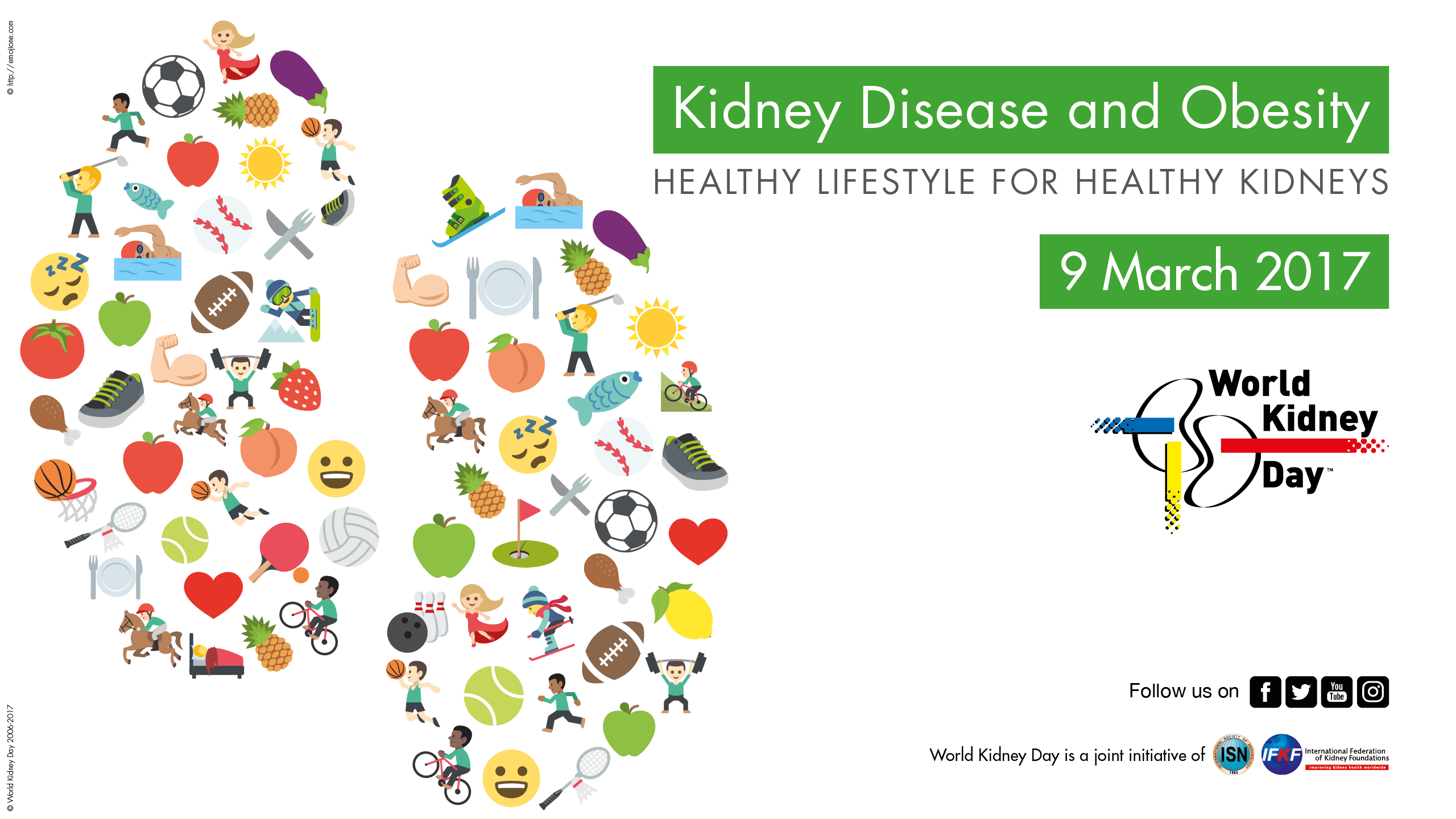
Our kidneys are amazing. They sit there quietly, and remove toxins and excess water from our blood, turning it into urine. They also help to control blood pressure and hydration levels by monitoring levels of salt and acidity.
Today (9 March 2017) is World Kidney Day, so say thanks to your kidneys by learning 5 things you probably didn’t know about them:
-
The blood flow to your kidneys is higher than the flow to your heart, liver and brain!
It’s true! Even though they are tiny in comparison to total body weight (they are around the size if a computer mouse, which is about 0.5% of body weight), they receive about 20 percent of the blood pumped around your body. This equals about 1.2litres of blood each minute. That’s a lot of volume!
-
Each kidney has somewhere between 1 and 2 million tiny filters (called nephrons)
These little nephrons are responsible for filtering the blood that flows into them. They regulate the concentration of water by acting like a sieve, taking out excess fluid and waste products, re-absorbing any soluble components that are needed (such as sodium and potassium) and excreting the rest.
-
The kidneys help to regulate blood pressure
They do this by releasing certain hormones if they detect blood pressure is starting to rise or fall. If blood pressure falls, the signals released by the kidney cause the blood vessels in the body to become smaller in order to increase pressure. Another way the kidneys contribute to blood pressure regulation is by maintaining fluid levels. If fluid levels are low, blood pressure is also low. The kidneys detect high concentrations of electrolytes (such as sodium and potassium) and start to retain more water, which increases the volume of the blood, and increases blood pressure.
-
High blood pressure and diabetes can both lead to kidney failure
This is because in diabetes, the blood may have high blood sugar over long periods of time, which can overwork the tiny nephrons, causing damage. High blood pressure can also lead to kidney failure by causing damage to the blood vessels and nephrons. If damaged, the kidney may stop removing excess waste and water. Excess fluid means excess blood volume and can further increase blood pressure.
-
Kidney disease can be prevented
By regulating your body weight (which decreases your risk of diabetes and high blood pressure), you can prevent kidney disease from occurring. Additionally, a diet low in sugar, salt, and alcohol are great preventative factors. Again, this is because a diet high in salt and sugar can cause high blood pressure, as can drinking more than two standard drinks a day.
Click here to book a GP appointment to discuss kidney health –>
